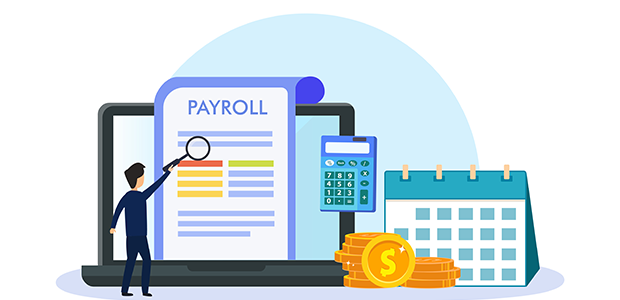
Manual payroll causing ‘payroll paralysis’ for UK employers
New research has revealed a significant yet often overlooked source of stress for employers: manual payroll. For some, it’s causing ‘payroll paralysis’.
According to a recent survey by payroll and HR software company PayFit, more than one in three (37%) employers report that the time-intensive nature of manual payroll tasks has led to stress within their teams, impacting productivity and morale. The most common stressors identified include data entry, complex calculations, payslip distribution, salary transfers, and HMRC submissions. Adding to the demands of payroll is the need to stay up to date with new and complex requirements set by the Labour government.
From April 2025, National Insurance Contributions (NICs) will rise from 13.8% to 15%, and the secondary threshold – the point at which employers must start paying NICs on employee earnings – will drop from £9,100 to £5,000. Adjusting payroll calculations for these changes, while ensuring compliance, adds significant responsibilities to HR and finance teams managing payroll.
Additionally, the Employment Allowance will double to £10,500, providing NICs relief to smaller businesses, while the new Employment Rights Bill will expand protections for employees. This bill includes measures such as first-day statutory sick pay, enforced holiday pay rules under a new Fair Work Agency, and stronger protections during pregnancy and maternity leave. Together, these changes place greater compliance demands on teams, adding to the challenges they face during the already intense year-end period.
As year-end approaches, employers grapple with an influx of responsibilities like bonus distributions, holiday pay adjustments, and self-assessment tax return preparations. These tasks can feel overwhelming, requiring strict compliance and considerable time and resources.
Firmin Zocchetto, CEO and Co-Founder of PayFit, comments: “The toll that manual payroll takes on teams is undeniable. We’re hearing from businesses experiencing what we can only describe as ‘payroll paralysis’. Teams are overwhelmed with ever-growing payroll tasks and the pressure of adapting to legislative shifts. Recognising the signs of this paralysis is essential. If we don’t act, there’s a real risk to the wellbeing of HR and finance teams, as well as company performance. Tackling these stressors head-on is crucial for building healthier work environments that support productivity and satisfaction.”
The research highlights a strong demand for technology, particularly automation, to ease the strain of manual processes. More than two-thirds (68%) of respondents want to automate specific payroll functions, with 59% agreeing that automation could enable teams to deliver better results. Submitting payment information and calculating statutory pay were identified as the most critical areas for automation, at 15% and 13% respectively.
Automation frees teams from labour-intensive payroll tasks such as calculating wages, overtime, and holiday entitlement, allowing them to focus on more strategic work. Yet few employers have actually started automating payroll. Only 9% automate up to a quarter of their tasks, and 15% are automating most (more than 75%), if not all, of their payroll tasks.
Commenting on the research, Dr Melissa Carr, Lecturer in International Human Resource Management at Henley Business School, says: “The research highlights how increased task and work complexity can impact on wellbeing. The changing legislation and requirements illustrated here can add to psychological stressors.
“It is important to recognise that work can involve periods of high intensity. However, what is critical is that these periods are off-set with time to regroup and recharge. High intensity over extended periods can lead to burnout and impact employee wellbeing and engagement. The research also highlights opportunities for automation which allow teams to focus on more high value activities and ease the burden of some of these stressors.”
For more startup news, check out the other articles on the website, and subscribe to the magazine for free. Listen to The Cereal Entrepreneur podcast for more interviews with entrepreneurs and big-hitters in the startup ecosystem.

